Ethiopia
The Ethiopian government's decision to disband local "special" military units in the Amhara region has brought calm to the main towns and cities of the region, residents said on Thursday, after several days of unrest.
"Today, it's quiet. Banks are open and stores are starting to open. Transport resumed yesterday (Wednesday) afternoon," a resident of Bahir Dar, the administrative capital of Amhara, told AFP on Thursday, requesting anonymity.
In Debre Birhan, one of the main cities of the region, "nothing is happening today, everything is quiet," said Thursday in a message to AFP a resident, also wishing to remain anonymous.
Gondar, former imperial capital and most populated city of Amhara, had also found the quietness on the eve of Good Friday, then of Fassika Sunday, the Orthodox Easter, ultra-majority religion in Amhara.
According to an Ethiopian journalist who contacted relatives on the spot, calm had also returned to Dessie and Woldiya.
The situation is difficult to assess in Amhara, which is off-limits to the press "for security reasons" and with which communications are uncertain.
For the past week, these five towns, among others, have been the scene of demonstrations, road blockades and sometimes clashes - some of them armed - between the federal military and members of the Amhara "special forces" or the local Fano "self-defence" militia.
The unrest was triggered by the decision of Prime Minister Abiy Ahmed's federal government to "reassign" members of the regional "special forces" - military units that have been illegally established for the past 15 years by several of the 11 federal states - to the federal army or the police.
Five towns in the region - Gondar, Dessie, Debre Berhan, Woldiya and Kombolcha - have night-time traffic restrictions imposed by local "command posts", suggesting that they are under military authority.
The toll of the violence is unknown, but the Ethiopian Human Rights Commission (EHRC) - an independent statutory public institution - reported on Wednesday evening that "civilians were killed and injured (...) as a result of action by the security forces or attacks by unidentified persons".
The EHRC called on the "relevant authorities to resolve the problem through dialogue and consensus.
On Sunday, Prime Minister Abiy Ahmed assured that the process would be completed "whatever the cost" and included "special forces" from all regions.
Amhara nationalists, on the other hand, claim that the government's aim is to disarm only the Amhara special forces in order to weaken the region, which has territorial disputes with neighbouring Tigray and Oromia.



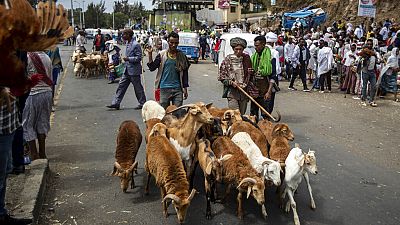

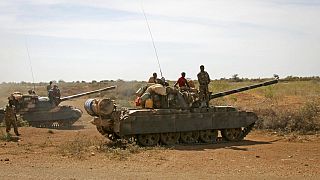
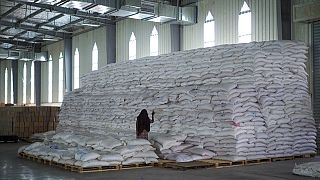
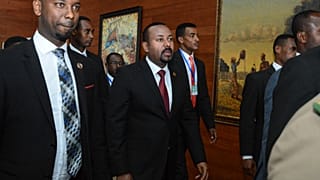
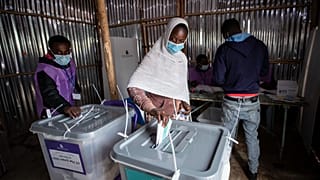
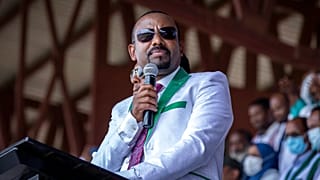
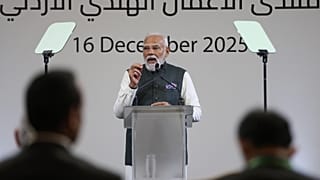
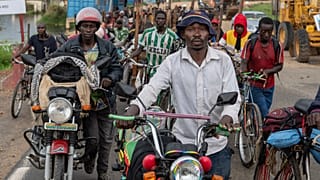

00:49
Eritrea announces departure from IGAD regional bloc
00:53
Deserted streets in Tanzania as protesters fear repression
Go to video
Nine women shot dead during protest in Nigeria
01:59
Police deployed to major cities in Tanzania ahead of planned protests
Go to video
Tanzania blocks activists online as independence day protests loom
00:49
Gabon detains tourism minister after alleged $18m funds theft